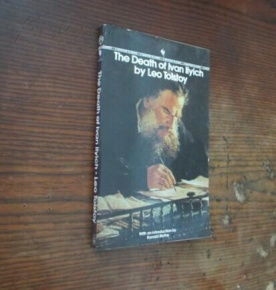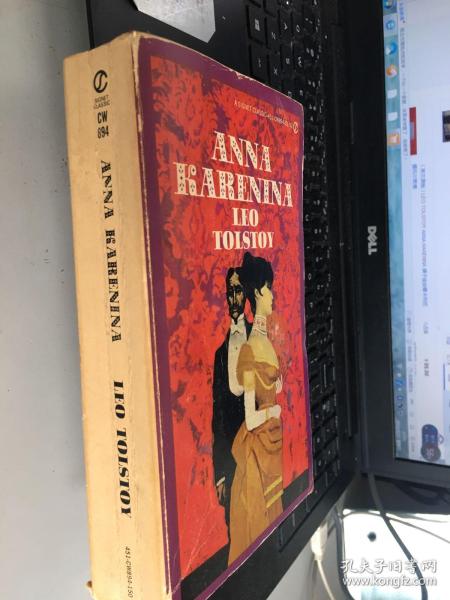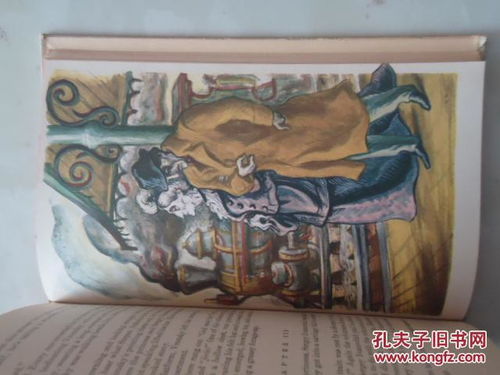
Leo Tolstoy: A Multidimensional Tribute to the Great Russian Writer
Leo Tolstoy, the renowned Russian writer, philosopher, and social critic, left an indelible mark on the world with his profound works. Born on September 9, 1828, in Yasnaya Polyana, Russia, Tolstoy’s life and writings continue to captivate readers and scholars alike. This article delves into the various dimensions of his life, exploring his literary achievements, philosophical beliefs, and personal struggles.
Early Life and Education

Leo Tolstoy was born into a noble family, which provided him with a comfortable upbringing. He spent his childhood at Yasnaya Polyana, where he developed a deep connection with the land and its people. At the age of 18, Tolstoy enrolled at the University of Kazan, studying law and philosophy. His time at the university exposed him to various intellectual ideas, which would later influence his writing and thinking.
Literary Career

Tolstoy’s literary career began with his first novel, “Childhood,” published in 1852. Over the years, he authored several masterpieces, including “War and Peace,” “Anna Karenina,” and “Resurrection.” These works are celebrated for their rich characters, intricate plots, and profound insights into human nature. “War and Peace,” in particular, is considered one of the greatest novels ever written, offering a detailed portrayal of the Napoleonic Wars and its impact on Russian society.
| Novels | Publication Year |
|---|---|
| Childhood | 1852 |
| Sevastopol Stories | 1855 |
| War and Peace | 1869 |
| Anna Karenina | 1877 |
| Resurrection | 1899 |
Philosophical Beliefs

As a writer, Tolstoy was deeply concerned with the moral and spiritual aspects of human life. His philosophical beliefs evolved over time, leading him to adopt a form of Christian anarchism. He believed in the importance of living a simple, self-sufficient life, free from material possessions and societal constraints. This philosophy is evident in his later works, such as “The Kingdom of God Is Within You,” where he explores the concept of moral self-improvement and the pursuit of spiritual truth.
Personal Struggles
Despite his literary success, Tolstoy faced numerous personal challenges. He was married three times, fathering 13 children, and struggled with his relationships with his family. His later years were marked by a growing sense of alienation from the world, as he became increasingly critical of the Russian Orthodox Church and the Russian government. In 1910, at the age of 82, Tolstoy died under mysterious circumstances, with many speculating that he was assassinated by a follower of his philosophy.
Legacy
Leo Tolstoy’s legacy is immense, as his works continue to be studied and celebrated worldwide. His novels have been translated into numerous languages, making him one of the most widely read authors in history. Tolstoy’s exploration of human nature, his philosophical beliefs, and his commitment to social justice have inspired countless readers and writers. His life and work serve as a testament to the power of literature to transform and enlighten.
In conclusion, Leo Tolstoy’s life and writings offer a rich tapestry of human experience. From his early years at Yasnaya Polyana to his final days, Tolstoy’s journey was marked by intellectual curiosity, moral struggle, and a relentless pursuit of truth. His legacy endures, as his works continue to resonate with readers across generations.






